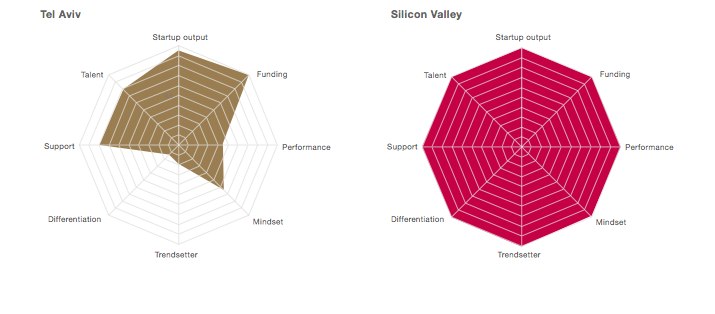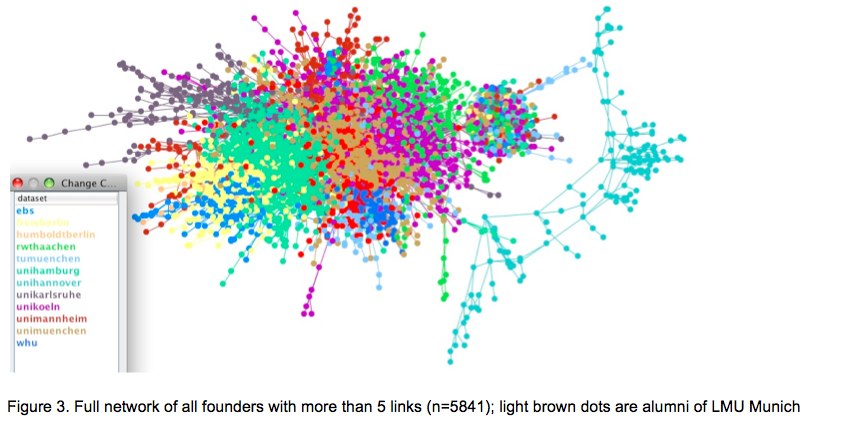Over the past few weeks on the blog, we’ve been exploring how to identify successful startup founders (obviously, this matters A LOT to investors in early stage companies).
Are entrepreneurs born or made?
I remember a few years back, there were some (credible) studies that seemed to point to the existence of the entrepreneurship gene.
In the book, Born Entrepreneur, Born Leaders: How Your Genes Affect Your Work Life, author Scott Shane looked at identical and fraternal twins and their inclinations to be entrepreneurs. The siblings who shared 100% of their genes demonstrated higher rates of entrepreneurship — leading Shane to estimate that 30-40% of successful startup skills are innate.
Successful entrepreneurs are more tribal
This startup gene theory is being challenged by some more recent work at MIT’s Sloan School of Management (admittedly, the existence of the startup gene would be b-a-d for the MBA program business).
In The Power of Alumni Networks — Success of Startup Companies Correlates with Online Social Network Structure of Its Founders, researchers found that university networks whose alumni have a stronger “old-boys-network” (larger share of links between alumni) are more successful as founders of startups.
Researchers studied German universities, founders, and online social networks to see if they could identify a link between social/alumni networks and successful entrepreneurs.
Key findings in the study:
- Strong alumni networks: Universities whose alumni prefer friends from the same university seem to be more successful in creating new businesses and generating higher economic contribution per startup founder.
- Organized as tribes: University alumni networks that were successful in founding startups – measured by their average economic contribution – are organized as tribes.
- Founders are tribal leaders: Results on the individual founder level show that the more founders are embedded in their own tribe, the more successful will the business be.
How this relates to investing in Israeli startups
We’ve written at length about how Israel is one of the world’s best places to start up a company.
As a cluster of investment capital, highly educated entrepreneurs, and strong military/university ties, Israel has been outstanding in launching, building, and selling startups over the past 20 years.
I wonder if this study was done in Israel if the military tribalness would supplant the university’s role in the German ecosystem. Regardless, at a senior level, Israel’s academic institutions probably mirror those in the rest of the world.
So, determining how embedded a startup’s founders are in the military/university network and support apparatus may be a good signal to their future success.
Instead of sending the founder’s DNA to 23andMe for genetic testing, simply turn to LinkedIn and drill-down on her network: how large it is, how tribal it looks, and how ultimately embedded she is.
:::::::::::::::::::::::::::::::::::::::::::::::::::::::::::::::::::::::::::::::::::::::::
>>Interested in identifying, researching, and investing in some of Israel’s top entrepreneurs and the companies they build? Apply to join OurCrowd.









